You will be equipped with the following tools:
-
Achievement Story
Help clients identify and describe their proficiencies so they can leverage their areas of expertise to their maximum potential.
-
Analyzing Reasons for a Career Change
Help participants understand why they want a change of career to understand if they truly want a complete career change or if they can change their current role to fit their needs better.
-
Career Discovery Reflection
This exercise aims to help participants identify the common and repeating threads and patterns in their life that may orient them toward particular careers.
-
Job Analysis Through a Strengths Lens
Help participants uncover potential career opportunities based on their strengths through self-reflection and analysis.
-
Career Deal-Breakers
Help participants gain greater clarity about what they want professionally, allowing them to make career-related decisions based on non-negotiable deal-breakers.
-
Job Satisfaction Wheel
This tool aims to measure the client’s perceived satisfaction/dissatisfaction across seven key domains of job satisfaction.
-
Million-Dollar Entrepreneur
This exercise aims to help participants identify their values and strengths through creative thinking.
-
My Perfect Day at Work
Help individuals consider their ideal day at work and extract valuable information that will help them reflect on their values and needs while doing so.
-
Nine Lives
Help clients think creatively about their career preferences to look for common themes that indicate a predisposition for a particular career..
-
Stay or Leave? The Empty Chair Technique
Help clients who are unsure whether to stay or leave their job to understand this conflict through illuminating and separating the two competing internal arguments.
-
Taking a Fantasy Job
Through self-reflection and analysis of their fantasy job, participants can extract values and strengths and uncover the factors that make up their dream job.
-
The Five Ps of Job Preference
Help participants identify what they are looking for in a job by considering their personal preferences related to the Five Ps of work.
-
What Work Means To You
Help participants identify their orientation toward work as a job, a career, or a calling.
-
What You Care to Do Right
Help clients extract values and strengths from their responses and consider careers that align with their abilities and what they consider important.
-
Workplace Comfort Zone Analysis
Help clients measure their comfort zone at work (i.e., how comfortable they are in their current job) using the comfort continuum.
-
Your Best Possible “Work” Self
Help clients explore their best possible future “work” self aims to promote optimism about the future, the belief that change is possible, and self-regulation.
-
Your Ideal Job Visionary
Help clients visualize their ideal job so that they can clarify their aspirations and make informed career-related decisions.
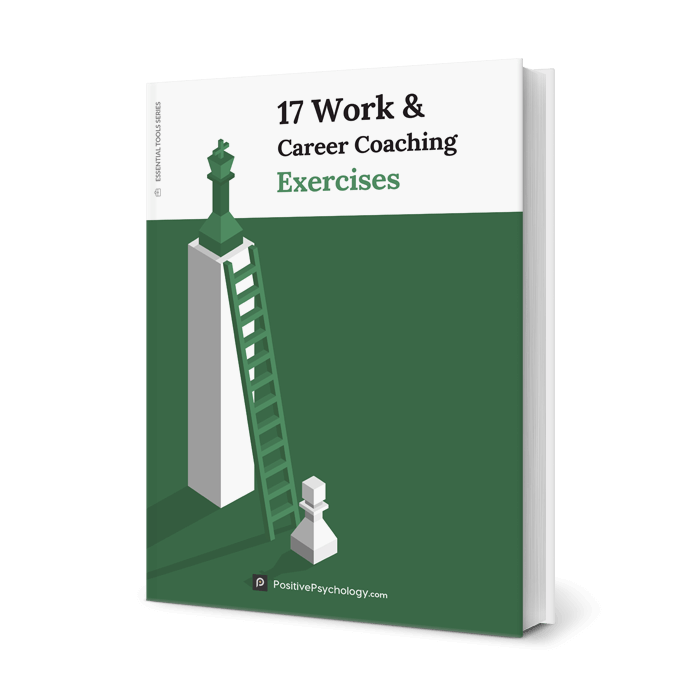
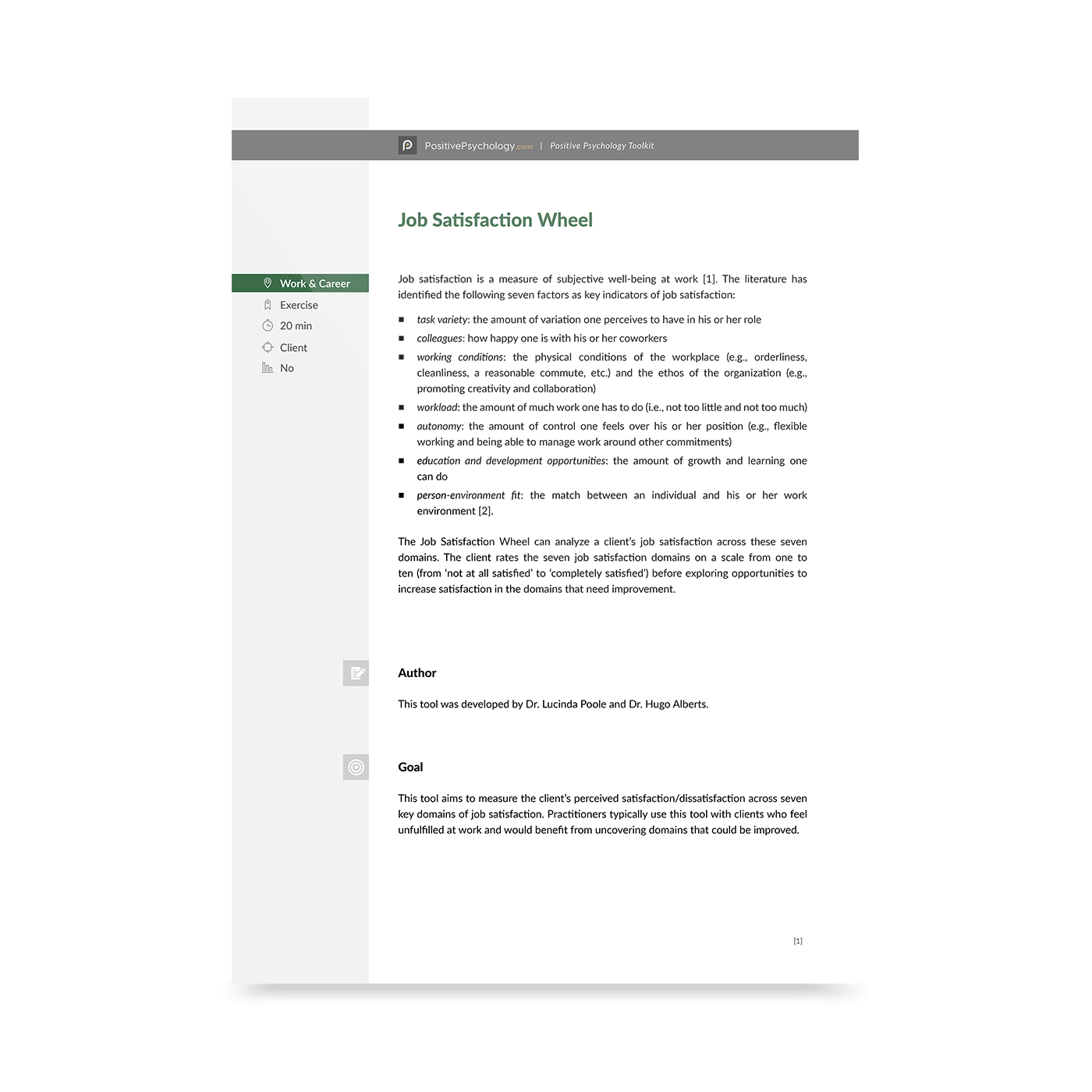
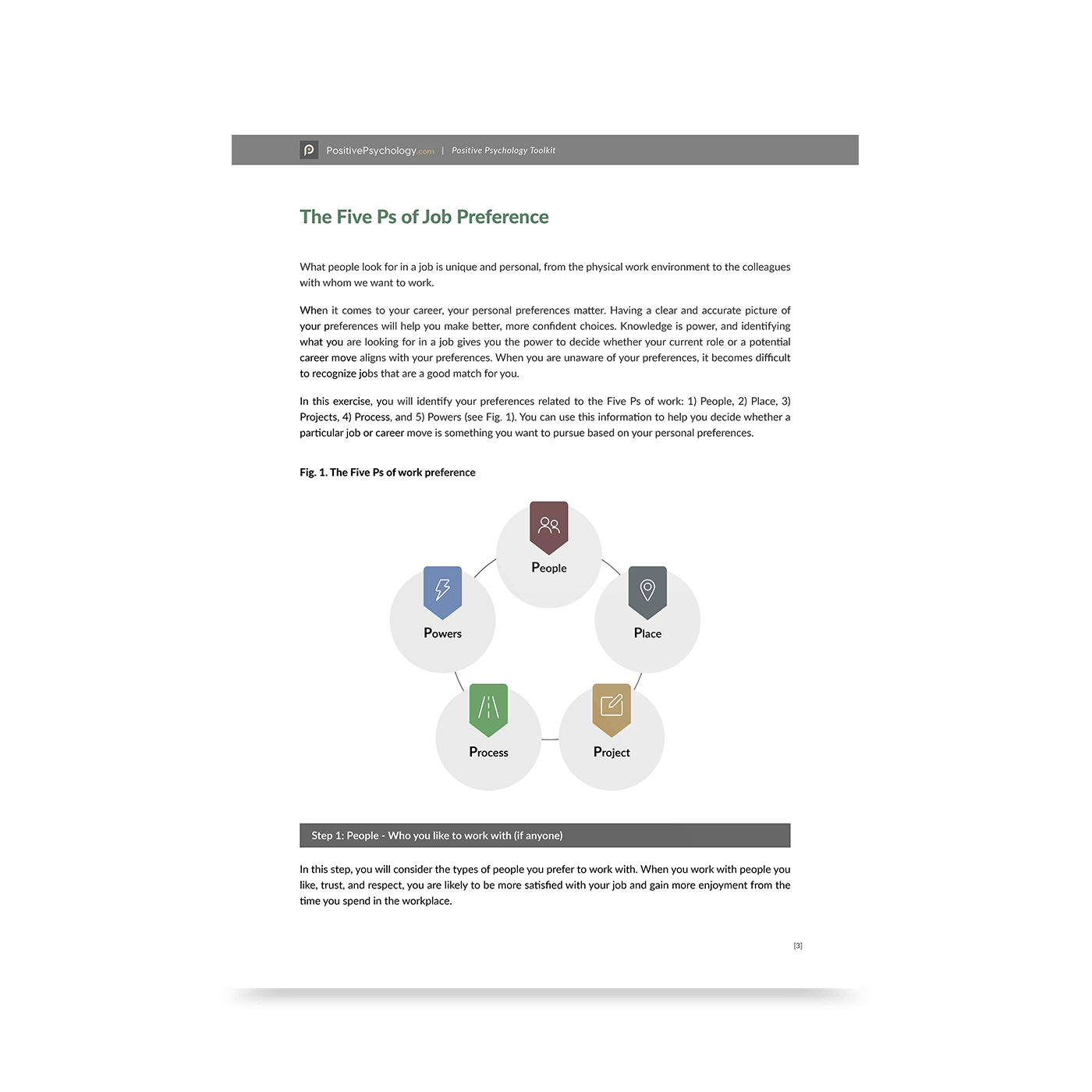
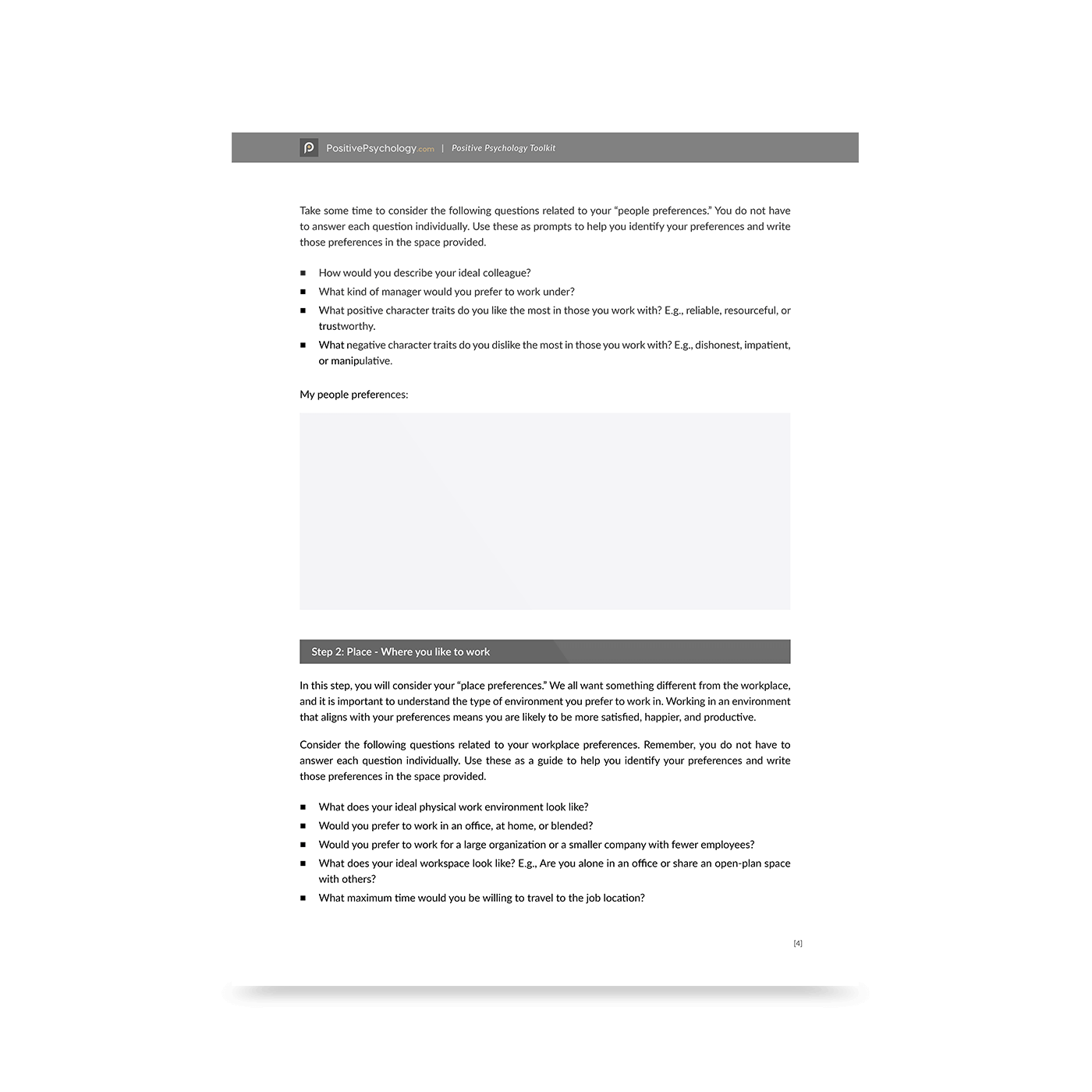


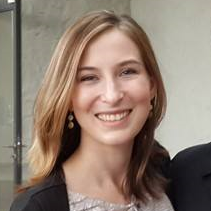


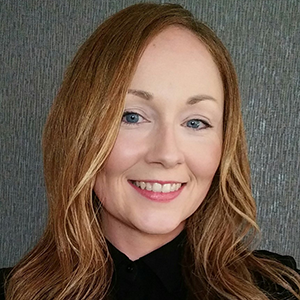
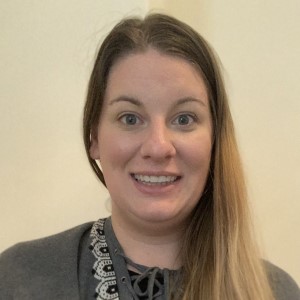








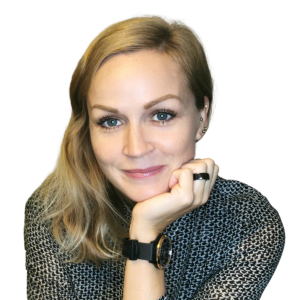




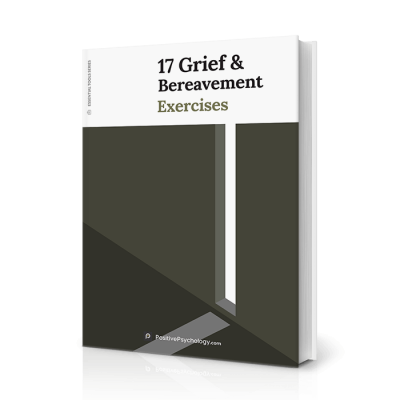
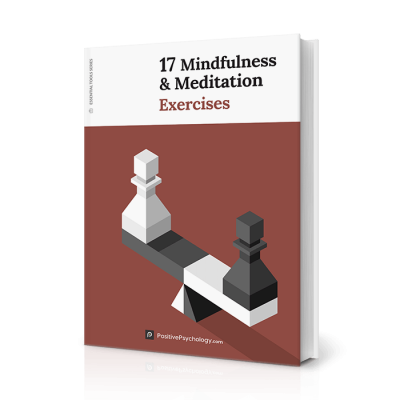
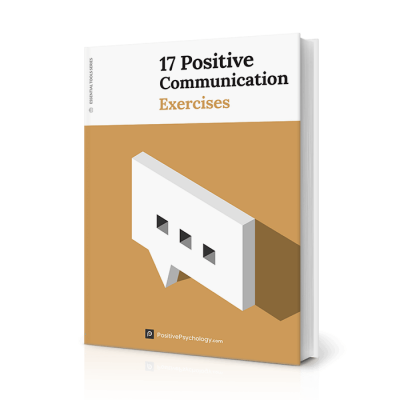
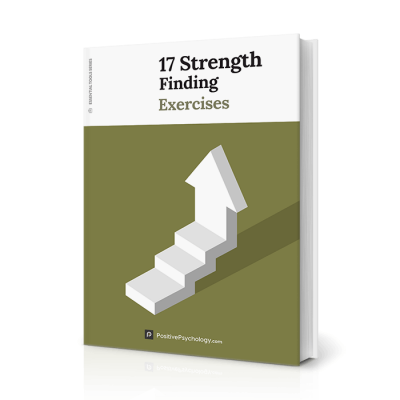
Rae MacDonald –
As I do not have a psychology background, I have purchased most of the “17 Collections.” I love that they are varied; each one is explained in detail about how to present to my clients, as well as what to look out for, so that my clients feel safe and experience growth. I can trust these resources to help with the transformation my clients want. I LOVE them!
Vanessa MacDonald Renaud, CCC –
The 17 exercise workbooks have truly allowed me to see such growth in my clients in various areas, both personally and in significant relationships. These workbooks have allowed me to grow my business without burnout but with the utmost fulfillment.